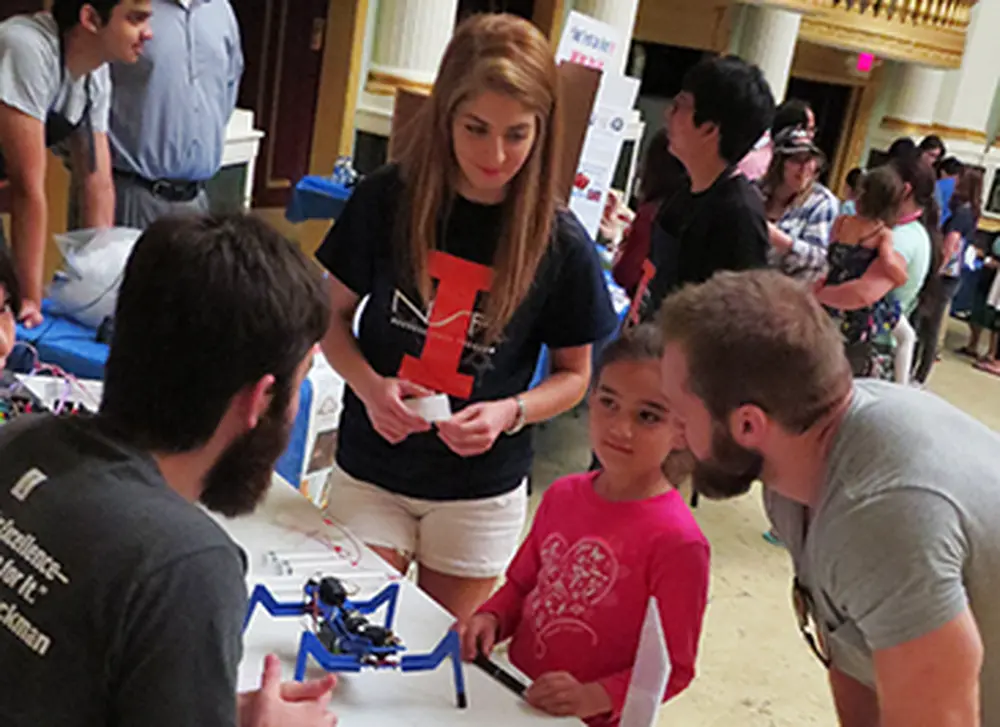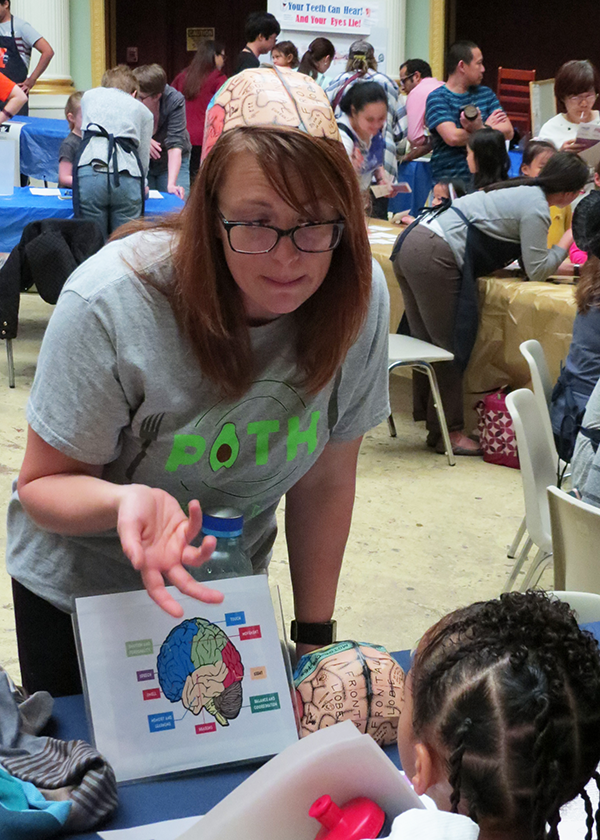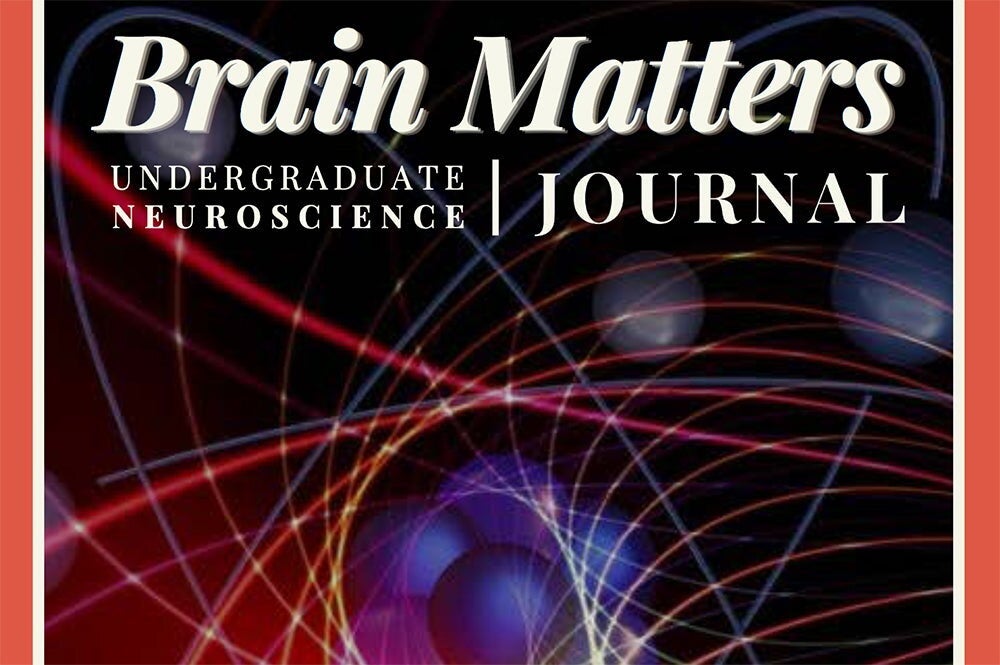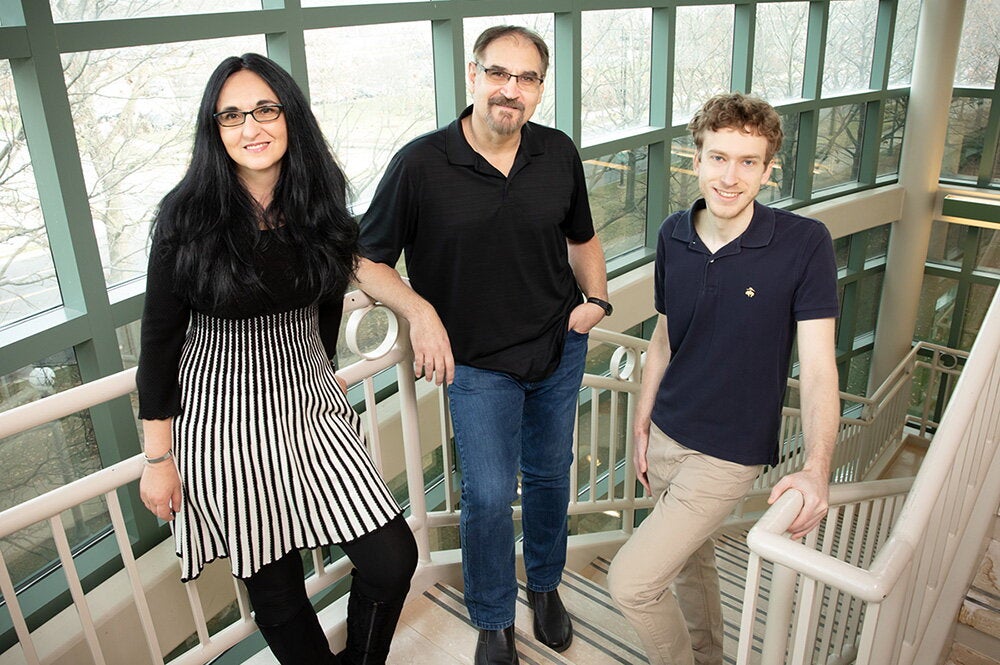

Hundreds of participants recently attended Brain Awareness Day, an outreach event organized by the Neuroscience Program at Illinois to spark enthusiasm for science in children.
The day-long event at the Orpheum Children’s Museum in Champaign turned the building into a young science expo, with interactive exhibits and informative booths in studies ranging from the neuroscience of creatures all across the world. The event, now in its 10th year, provided children with a hands-on, entertaining introduction to the study of the body's primary organ.
Lydia Nguyen, a doctoral student in neuroscience and a member of the organizing executive committee, said the annual event is aimed at making a complicated and sometimes intimidating field of research into something fun.
“We just want kids to have an opportunity to get excited about science,” Nguyen said. “We want to give them the opportunity to see what kinds of things you can research the brain with.
The booths that filled the auditorium had exhibits on a plethora of brains ranging from those of humans, to whales, to worms. One station in particular, titled “Is a bigger brain a smarter brain?” aimed to explain brain sizes and functions to children using the real brains of a human, a monkey, a sheep, a cat, a rat, and a mouse.
Post-doctoral researcher Jari Willing, who ran the station, described the station as a game that had children observe these brains and guess the species that the brains belong to.

“The question is whether a bigger brain is a better brain,” Willing said. “The answer is ‘not really.’ Whales have the biggest brains in the world and they’re obviously not as smart as humans.”
Organizers ran the event with smiles, and they were met with smiles and curiosity from the children. One such child, Joseph Zipperich, a student of Beverly Skoff Elementary School in Romeoville, Illinois, attended every single station and held souvenirs from most of them.
“I was just at a station that talked about peripheral vision,” Zipperich said. “I learned that our vision is focused mostly, but there are other things that happen outside of our focus that our peripheral vision sees.”
Zipperich wasn’t the only student that was deeply involved in the stations. The Orpheum reported later that more than 430 people attended the event, making it another success.


